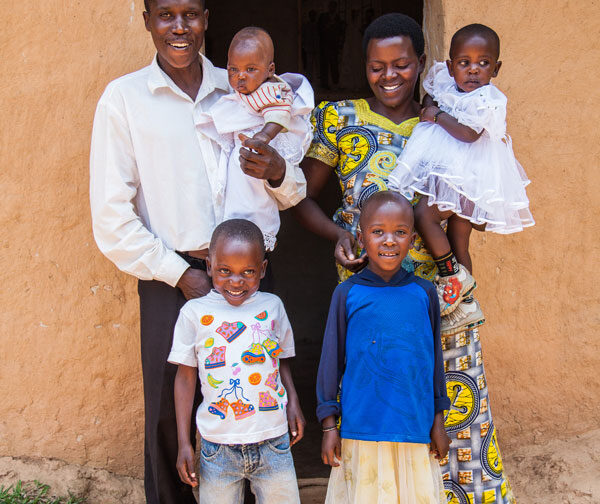OUR RESEARCH
Research is the foundation of anything we do at Equimundo. Explore some of our research highlights from 2023!
State of American Men: From Crisis and Confusion to Hope
- 65% of men aged 18 to 23 say that “no one really knows me well.”
- 53% of men agree that “in America today, men have it harder than women.”
- Nearly half of men (48%) say their online lives are more engaging and rewarding than their offline lives.
State of the World’s Fathers 2023: Centering Care in a World in Crisis
- Across 17 countries, 63 percent of men and women care for a partner, 60 percent care for children, and 36 percent care for an elderly family member.
- From 16 percent in Croatia to 58 percent in Turkey, parents with no support are more likely to find caring for children more exhausting than enjoyable.
- More than 80% of men and women in most countries disagreed with the statement that ‘boys should not be taught how to do household chores and care work during childhood.’
- At the 6-year follow-up, women in the intervention group were significantly less likely to report experiencing physical, sexual, economic, and emotional intimate partner violence (IPV) in the past year compared to the control group.
- Both women and men in the intervention group reported lower rates of depressive symptoms, compared to those in the control group, and lower frequency of men drinking until drunk.
- Both men and women in the intervention group reported greater sharing of child care and household tasks between partners compared to the control group.
Explore all our research here.
OUR PROGRAMS
Our programs are core to our mission of transforming intergenerational patterns of harm and promoting care, empathy, and accountability among boys and men throughout their lives. Here’s some of what we did in 2023.
Paternar (A forthcoming adaptation of Program P)
For practitioners and facilitators working on parenting programs, this program is:
- Designed to involve men as caring, equitable and co-responsible fathers of 0 to 5- year-olds, together with their partners
- Implemented online and in person in Colombia and based on social learning, behavioral sciences, and the sociology of gender and masculinities
- Preliminary results showed better quality of couple communication, favorable attitudes toward gender equality, involvement of fathers in child care and reduction in the use of violent discipline by parents
Core elements for promoting care equality and preventing violence
For practitioners working with parenting programs, this review found six core components to help drive success:
- Develop balanced and long-term partnerships with organizations sharing common principles
- Foster strong alliances to catalyze collective efforts and achieve policy-level changes
- Commit to a methodology that is based on social learning and centered on equitable couple relations and men’s caregiving
- Plan adequate time and resources to recruit, train, and support local facilitators
- Create a supportive change environment through engaging stakeholders
- Secure funding from donors that will support long-term and quality partnerships
For sex educators, mainly in Washington, DC, working with teens:
- A sex education program for teens (15-19)
- Covers identity, emotions, interpersonal communication, caring and nonviolent relationships, sexual consent, risk reduction strategies for STI transmission and unplanned pregnancy, accessing clinical SRH services, and portrayals of sex and sexuality in the media.




